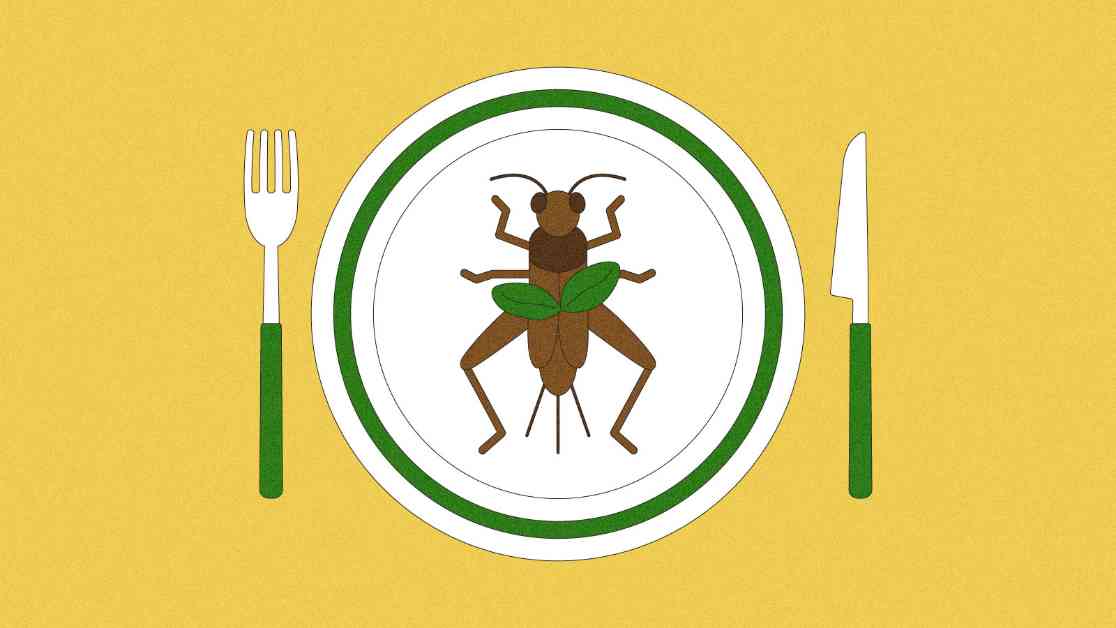Is Insect Cuisine the Future of Food in the United States?
In a world where climate change threatens our food supply chains, the concept of insect cuisine is gaining traction as a sustainable and nutritious alternative to traditional protein sources. With the rise of food startups and sustainability advocates, insects are being touted as the food of the future due to their efficiency and minimal environmental footprint.
The Spotlight on Insect Protein
Once considered a luxury food, lobsters went through a transformation in the late 1800s, becoming a sought-after delicacy with the help of savvy chefs and the introduction of new cooking techniques. In a similar vein, insect protein is now on the radar of many in the food industry as a potential solution to the challenges posed by climate change and the need for more sustainable food sources.
In her award-winning short story, “The Ones Left Behind,” author K.J. Chien envisions a future where insect-eating is the norm in New York City. Through her narrative, she explores the cultural and culinary shifts that could occur as a response to changing climate conditions and food scarcity.
Disgust as a Cultural Barrier
Despite the nutritional benefits of insects and their widespread consumption in many parts of the world, Western cultures have historically viewed them with disgust. This aversion is rooted in cultural biases, historical narratives, and perceptions of insects as unsanitary or primitive food sources.
Robert Nathan Allen, an advocate for insect agriculture, highlights the impact of colonialism and racism on the Western aversion to insect cuisine. By denigrating the culinary traditions of other cultures, Western societies have perpetuated negative stereotypes about insect-eating, hindering its acceptance as a viable food source.
Changing Attitudes and Cultural Resistance
Efforts to promote insect cuisine in the United States face challenges related to cultural resistance, political ideologies, and perceptions of identity tied to food choices. Soleil Ho, a food and culture writer, emphasizes the role of culinary preferences in shaping personal identities and political beliefs, suggesting that the cultural resistance to insect-eating may be deeply ingrained in societal dynamics.
Despite these hurdles, advocates like Robert Nathan Allen remain optimistic about the potential for insects to become more mainstream in Western diets. Through education, innovative culinary creations, and exposure to diverse insect-based dishes, proponents believe that insects could eventually find a permanent place in American cuisine.
As the debate over insect cuisine continues to unfold, the future of food in the United States may be shaped by our willingness to embrace new culinary experiences, challenge cultural norms, and explore sustainable alternatives to traditional protein sources.
By opening our minds and palates to the possibilities of bug-based cuisine, we may discover a world of flavorful and nutritious dishes waiting to be explored. Are you ready to take a bite out of the future of food?














